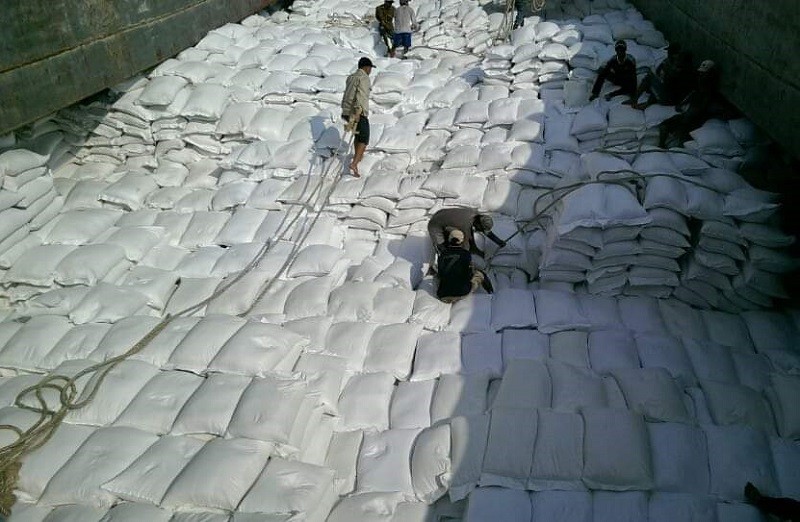For Vietnam, 2022 was a year of booming recovery, making the country likely to remain one of the outperformers in Asia. In 3Q22, GDP rose 13.7% y-o-y (though partly helped by a low base), thanks to a resilient external sector and robust domestic demand. That said, the growth outlook is now clouded by increasing trade headwinds.
After growing over 17% y-o-y in the first three quarters of 2022, export growth sharply moderated in October, with November seeing the first meaningful y-o-y decline in two years. The primary drag came from electronics shipments, which account for 35% of Vietnam’s total exports. That said, recent data show that export weakness is more broad-based, including textiles/footwear, wood and machinery products. In particular, the economic slowdown in the US has exacerbated the woes, as the US is the largest market for many of Vietnam’s goods exports.
On a positive note, domestic demand has come to a partial rescue, thanks to an ongoing recovery in its labour market. While the unemployment rate dropped to 2.3% as of 3Q22, there is still potential for a further decline, as many jobs are concentrated in tourism-related sectors. Although tourists have started to return, arrivals are still less than 20% of 2019’s level.
Given lingering re-opening tailwinds, we raise our 2022 growth to 8.1% (previously: 7.6%). However, challenges will likely be more acute in 2023, particularly after the re-opening effect fades and the impact of high inflation starts to kick in with a lag. Therefore, we expect growth to moderate to 5.8% (previously: 6.0%).
In addition, Vietnam has started to see stronger inflation pressures, with the latest data exceeding the State Bank of Vietnam’s 4% “ceiling”. Not only has core inflation accelerated, but Vietnam has also seen a domestic energy shortage, keeping headline prices elevated. While we recently trimmed our inflation forecast slightly to 3.2% (previously: 3.4%) for 2022, we raised our forecast to 4.0% (previously: 3.7%) for 2023. This means the SBV will likely continue its tightening cycle.
Unlike regional peers, such as Malaysia and Indonesia, Vietnam has limited fiscal room to introduce immediate relief measures to alleviate the impact of high energy prices. Since April, the authorities have been cutting various taxes, including fuel and environment taxes. To combat rising inflation pressures, the Ministry of Finance is seeking to extend the current environment tax cuts on various fuels until end-2023. This suggests that, while global oil prices may cool down in 2023, the authorities may opt to reinstate the environment tax as early as 2024. In addition, other energy prices may rise in 2023.
Vietnam Electricity Group (EVN) has recently filed for a price hike in 2023, the first major price adjustment in almost four years, citing high energy import costs.





